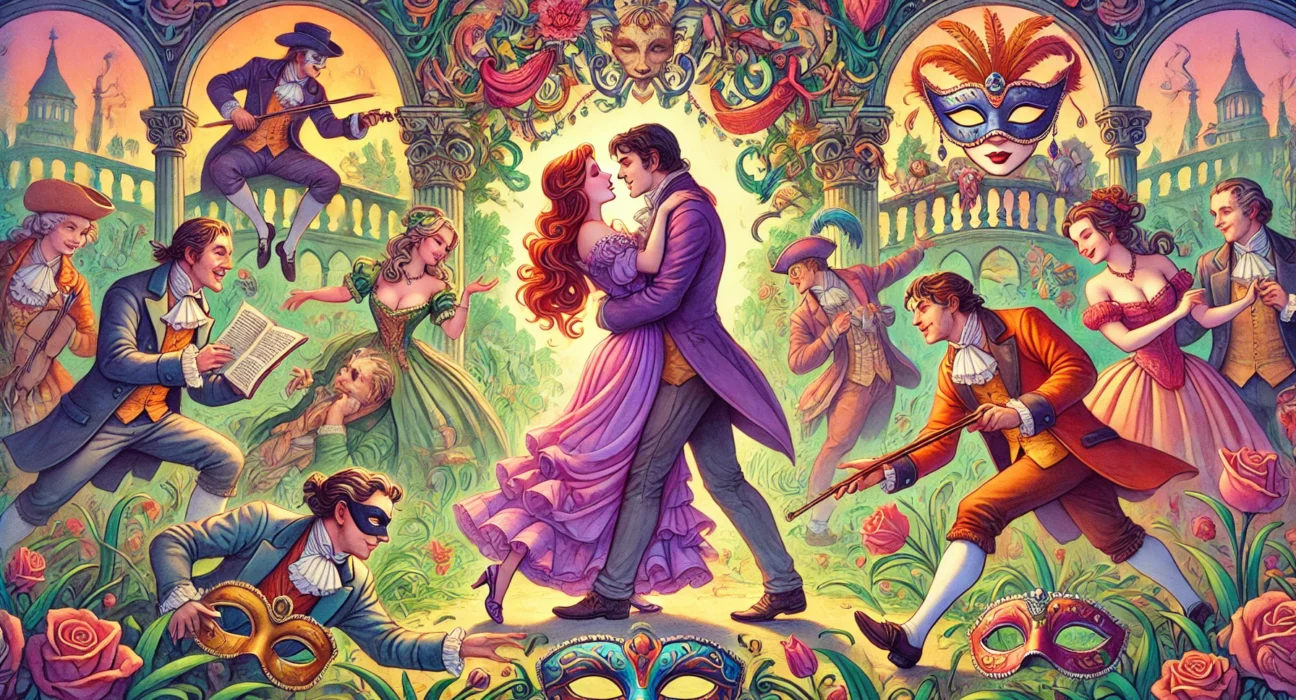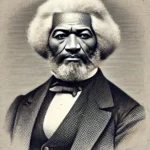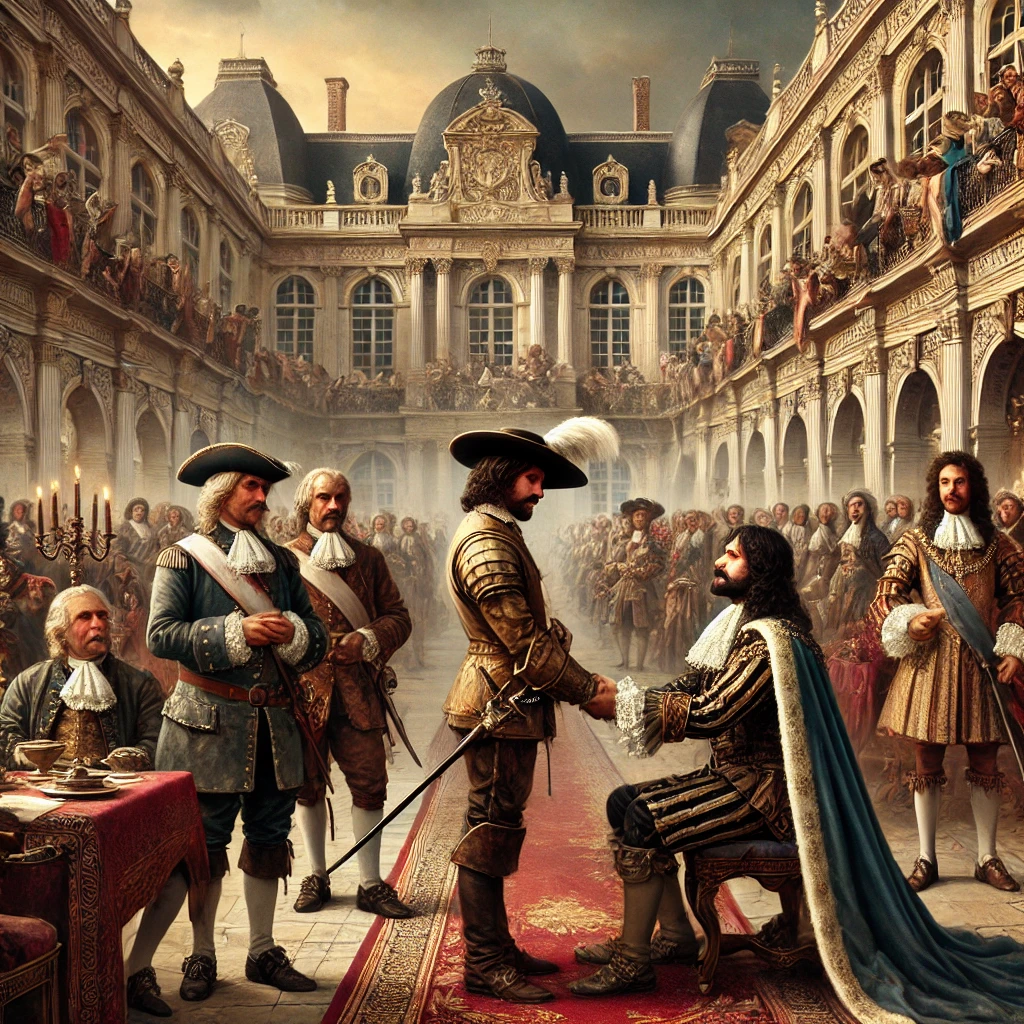Much Ado About Nothing is a comedic play by William Shakespeare, written around 1598 and first published in 1600. Set in Messina, Italy, the play revolves around two contrasting romantic plots: the sharp-tongued yet witty exchanges between Beatrice and Benedick, and the more traditional love between Hero and Claudio. It is a tale of misunderstandings, deception, and the transformative power of love, punctuated by humor and witty dialogue. Through trickery and manipulation—both malicious and good-natured—the characters find themselves grappling with themes of honor, shame, and social expectations.
Plot Summary
In the sun-drenched Italian town of Messina, Leonato, the governor, receives word that Don Pedro, the Prince of Aragon, is arriving after a victorious military campaign. Alongside him are two soldiers, the young and honorable Claudio, and Benedick, a quick-witted bachelor who delights in trading insults with Leonato’s niece, Beatrice. When Don Pedro arrives, they are warmly welcomed by Leonato, and the sparks between Benedick and Beatrice immediately reignite as they resume their ongoing “merry war” of witty banter.
Claudio, however, has other concerns. He confesses to Don Pedro that he has fallen in love with Hero, Leonato’s demure and gentle daughter. Don Pedro, eager to help, devises a plan to win Hero’s hand on Claudio’s behalf. At a masked ball that night, Don Pedro, disguised, woos Hero as Claudio watches from afar. His plan is successful—Hero returns Claudio’s affection, and Leonato agrees to their marriage.
Meanwhile, as Claudio and Hero’s love blossoms, Don Pedro conspires to amuse himself with another romantic entanglement: that of Beatrice and Benedick. Both are staunchly opposed to love and marriage, yet their sharp-tongued exchanges betray an underlying chemistry. With the help of Hero, Claudio, and Leonato, Don Pedro orchestrates a scheme to trick the two into confessing their feelings. The plan begins with Claudio, Don Pedro, and Leonato staging a conversation meant for Benedick to overhear, in which they praise Beatrice’s secret love for him. Struck by their words, Benedick begins to reconsider his stance on love, now seeing Beatrice in a different light.
Simultaneously, Hero and her attendants enact a similar plan for Beatrice, who, hiding in a garden, overhears them discussing Benedick’s supposed affection for her. Touched and surprised, Beatrice too softens her attitude toward Benedick. Though neither admits their feelings aloud, the seeds of love are quietly planted in their hearts.
While the plans to unite Beatrice and Benedick unfold, darker forces are at work. Don John, Don Pedro’s bitter and scheming illegitimate brother, seethes with jealousy over Claudio’s success and plots to ruin his happiness. With the help of his devious companion Borachio, Don John devises a cruel trick. Borachio arranges for Margaret, Hero’s maid, to appear at Hero’s window one night, where she is mistaken for Hero herself. Borachio stages an intimate scene with Margaret, all while Claudio and Don Pedro witness it from a distance, believing they have caught Hero being unfaithful.
Crushed by what he thinks is Hero’s betrayal, Claudio plans a public humiliation. On the day of their wedding, in front of the entire congregation, Claudio denounces Hero as a wanton, accusing her of infidelity. Hero, devastated by the false accusation, faints. Leonato, her father, initially believes Claudio’s accusations and is consumed with grief. However, the wise Friar Francis, convinced of Hero’s innocence, proposes a plan: they will pretend that Hero has died from the shock, giving them time to uncover the truth and allowing Claudio to feel the weight of his actions.
As the town reels from the scandal, Benedick, who has fully embraced his love for Beatrice, offers her his support. In a private moment, Beatrice confesses her love for him, but she also demands something in return—vengeance for the wrong done to Hero. She asks Benedick to challenge Claudio to a duel for dishonoring her cousin. Torn between his friendship with Claudio and his newfound love for Beatrice, Benedick ultimately agrees, marking a significant shift in his loyalties and values.
Meanwhile, in a stroke of comic relief, the bumbling constable Dogberry and his crew unwittingly stumble upon Don John’s plot. Borachio, drunk and bragging about his deception, is overheard by Dogberry’s watchmen and arrested. Brought before Leonato, Borachio confesses the entire scheme, revealing Hero’s innocence and exposing Don John’s treachery. Filled with remorse, Claudio is devastated by the knowledge that he falsely accused Hero and caused her “death.”
To make amends, Claudio agrees to Leonato’s request: he will publicly mourn Hero and marry her cousin in her place. At the altar, however, Claudio is astonished when the veiled bride revealed to him is none other than Hero herself, alive and well. Overwhelmed with joy, Claudio vows never to doubt her again.
As Claudio and Hero are finally reunited, Beatrice and Benedick, though still hiding behind their banter, are pushed to admit their love for each other as well. The two are teased by their friends for their sudden change of heart, but they embrace their feelings with humor and affection. Benedick, the once-devout bachelor, joyfully agrees to marry Beatrice.
The play concludes in a celebratory mood as the two couples—Claudio and Hero, Benedick and Beatrice—prepare for their weddings. Yet amidst the revelry, Don John, who fled Messina after his plot was uncovered, is captured and brought back to face justice. With peace restored, the joyous couples look forward to a future of love and laughter, their relationships stronger for having withstood the trials and deceptions that nearly tore them apart.
Main Characters
Beatrice: Sharp-tongued, independent, and witty, Beatrice is one of Shakespeare’s most memorable characters. She engages in a constant “merry war” of words with Benedick, masking her deeper feelings with humor and disdain. Over the course of the play, she reveals a more vulnerable side, ultimately embracing love.
Benedick: A self-proclaimed bachelor for life, Benedick is quick-witted and confident, trading barbs with Beatrice and mocking the idea of love and marriage. His transformation is one of the play’s central arcs, as he falls in love with Beatrice despite his initial resistance.
Hero: Leonato’s gentle and modest daughter, Hero represents the ideal Elizabethan woman—quiet, obedient, and virtuous. However, she becomes the target of a malicious plot, which falsely accuses her of infidelity and causes significant turmoil before her eventual reunion with Claudio.
Claudio: A young and valiant soldier, Claudio falls in love with Hero but is easily swayed by others’ opinions. His character arc involves learning to trust and love more deeply, as he grapples with his jealousy and credulity when he is deceived into believing Hero has betrayed him.
Don Pedro: The Prince of Aragon, Don Pedro is a nobleman who enjoys manipulating events to bring about desired outcomes. He plays a major role in tricking both Benedick and Beatrice into admitting their love for each other.
Don John: The villain of the play, Don John is the illegitimate brother of Don Pedro. Motivated by envy and bitterness, he schemes to destroy the happiness of others, particularly Claudio and Hero, by staging Hero’s false infidelity.
Leonato: Hero’s father and the governor of Messina, Leonato is a well-meaning figure who is initially quick to believe the worst of his daughter but later supports her when the truth is revealed.
Theme
Deception and Trickery: The play is rife with deception, both harmful and benign. The plot’s central misunderstandings stem from deliberate schemes, such as Don John’s plot to discredit Hero and the well-meaning trick played on Benedick and Beatrice to make them fall in love. These instances explore how deception can lead to both destruction and happiness.
Love and Marriage: The theme of love is explored through different lenses—Claudio and Hero’s traditional romance contrasts with the more skeptical and witty dynamic between Beatrice and Benedick. The play critiques the idealized views of romance while also celebrating the transformative power of love.
Honor and Reputation: Particularly in the subplot of Hero’s supposed infidelity, the play examines the importance of honor, especially in regard to female chastity. Claudio’s readiness to publicly shame Hero reflects societal expectations, while the resolution underscores the value of truth and forgiveness.
Gender Roles and Power Dynamics: Much Ado About Nothing challenges traditional gender roles through characters like Beatrice, who defies the conventional expectations of women in her society. However, the play also reflects the patriarchal structures of the time, especially in how Hero is treated when her virtue is questioned.
Wit and Humor: The sharp dialogue, especially between Beatrice and Benedick, emphasizes wit as a form of social power. Their exchanges reflect a playful intellectual rivalry that masks deeper emotional undercurrents, using humor both as a shield and as a tool for connection.
Writing Style and Tone
Shakespeare’s writing in Much Ado About Nothing is a brilliant example of his mastery over comedic and dramatic forms. The play balances the lighthearted banter and comic misunderstandings with moments of genuine emotional depth and reflection. The witty repartee between Beatrice and Benedick stands as some of the most sparkling dialogue in Shakespearean comedy, filled with quick wordplay, puns, and barbed humor. This dialogue creates a dynamic, fast-paced rhythm that captures the audience’s attention, while also providing insight into the characters’ complex feelings and vulnerabilities.
The tone of the play shifts between the comedic and the serious, often in the same scenes. Shakespeare uses the comedic elements to both entertain and reveal truths about love, relationships, and human folly. The more serious moments, such as Hero’s public shaming and the fallout from Don John’s plot, are treated with gravity, highlighting themes of honor and forgiveness. Yet even in its darkest moments, the play maintains an overall sense of hope and resolution, emphasizing the redemptive power of love and community.
We hope this summary has sparked your interest and would appreciate you following Celsius 233 on social media:
There’s a treasure trove of other fascinating book summaries waiting for you. Check out our collection of stories that inspire, thrill, and provoke thought, just like this one by checking out the Book Shelf or the Library
Remember, while our summaries capture the essence, they can never replace the full experience of reading the book. If this summary intrigued you, consider diving into the complete story – buy the book and immerse yourself in the author’s original work.
If you want to request a book summary, click here.
When Saurabh is not working/watching football/reading books/traveling, you can reach him via Twitter/X, LinkedIn, or Threads
Restart reading!








